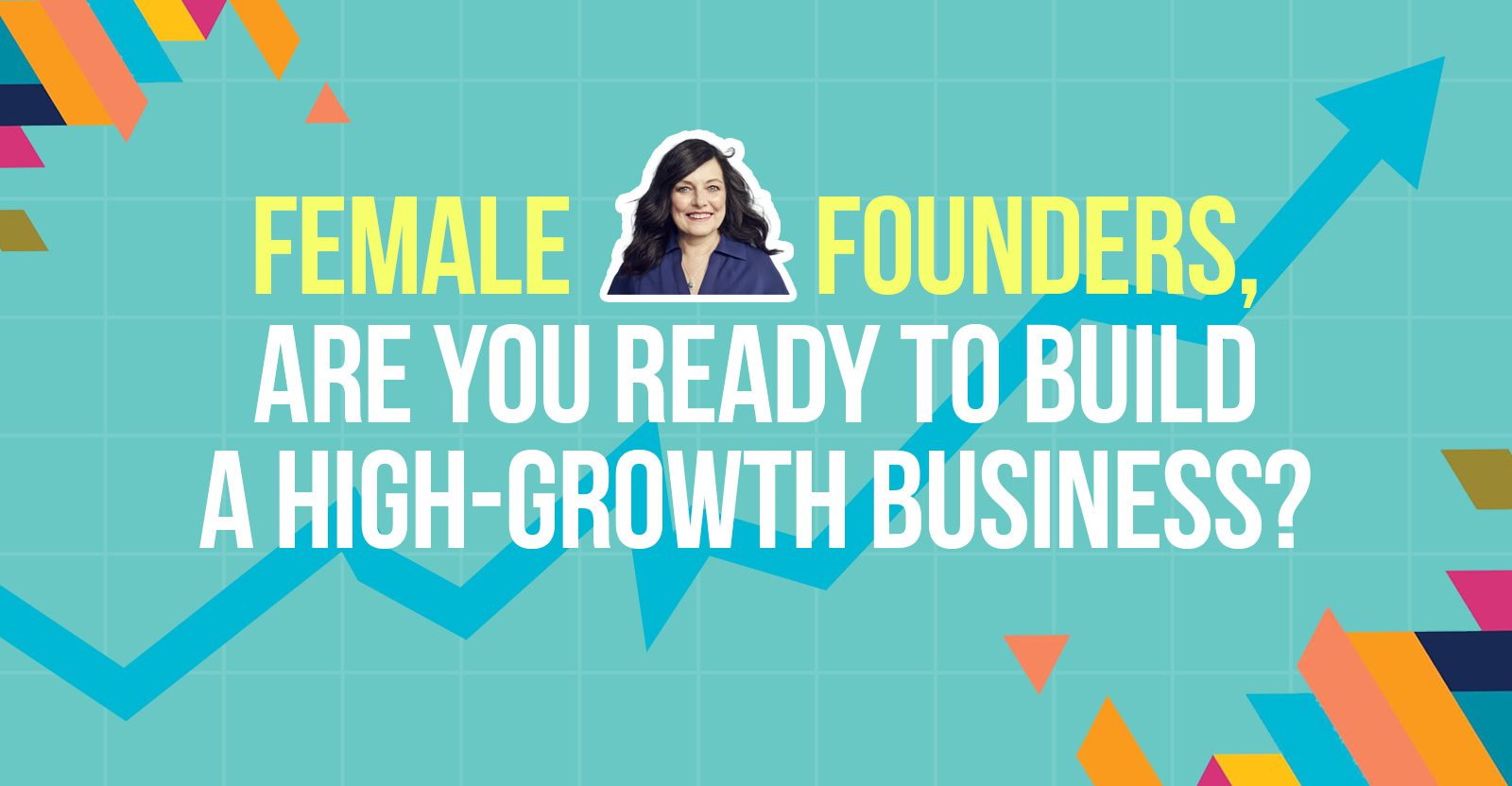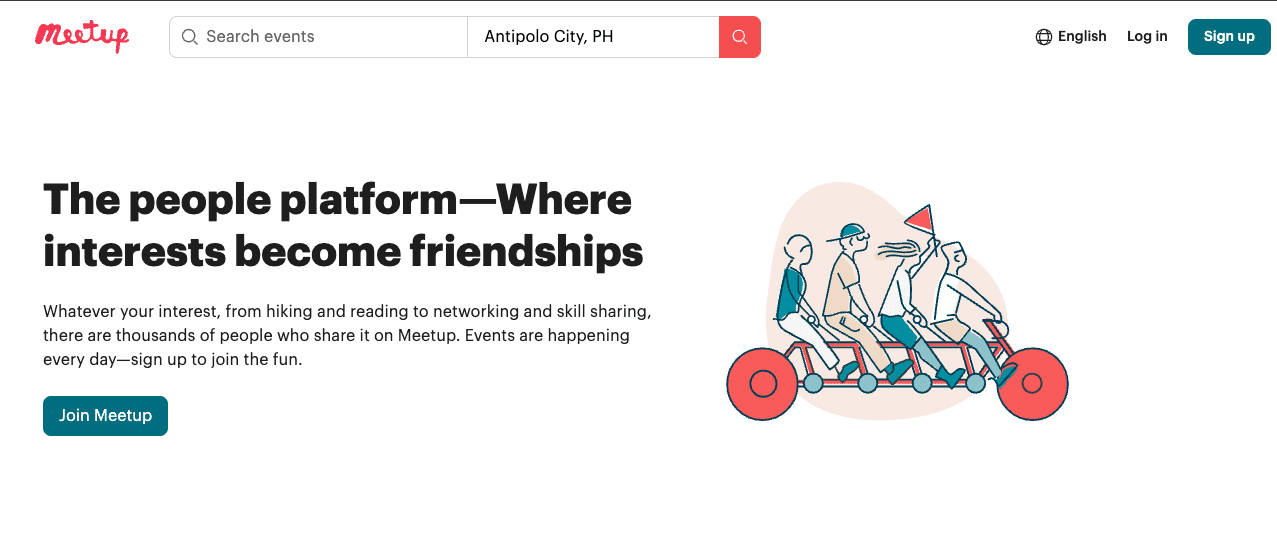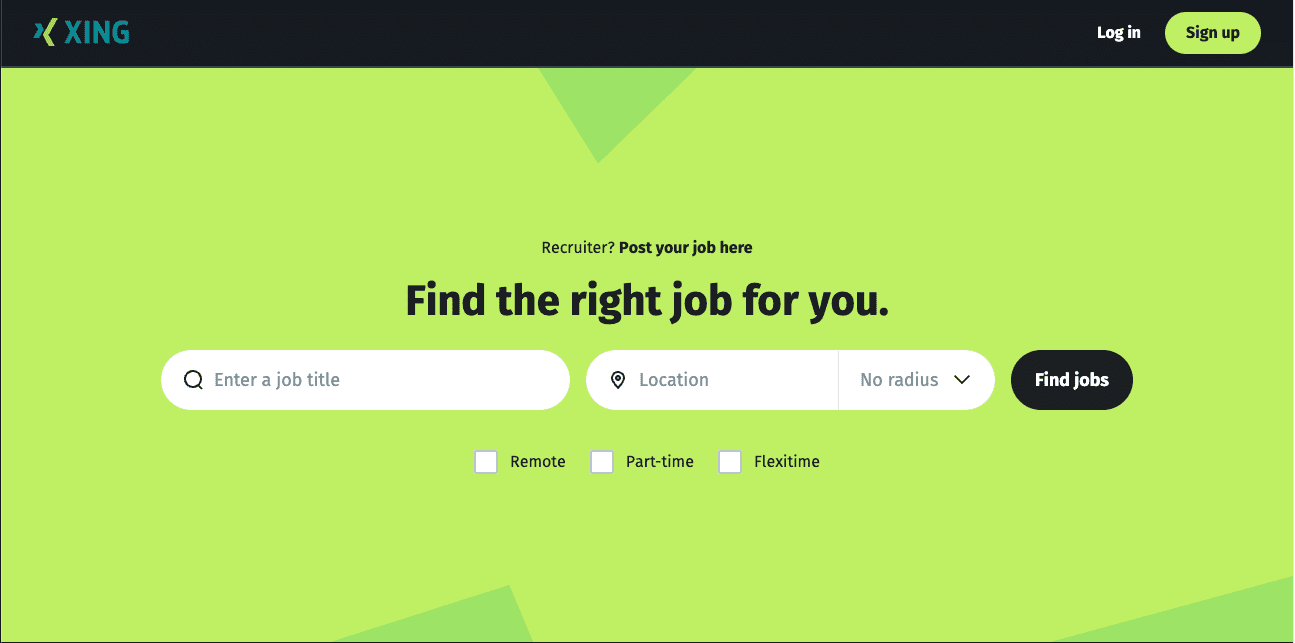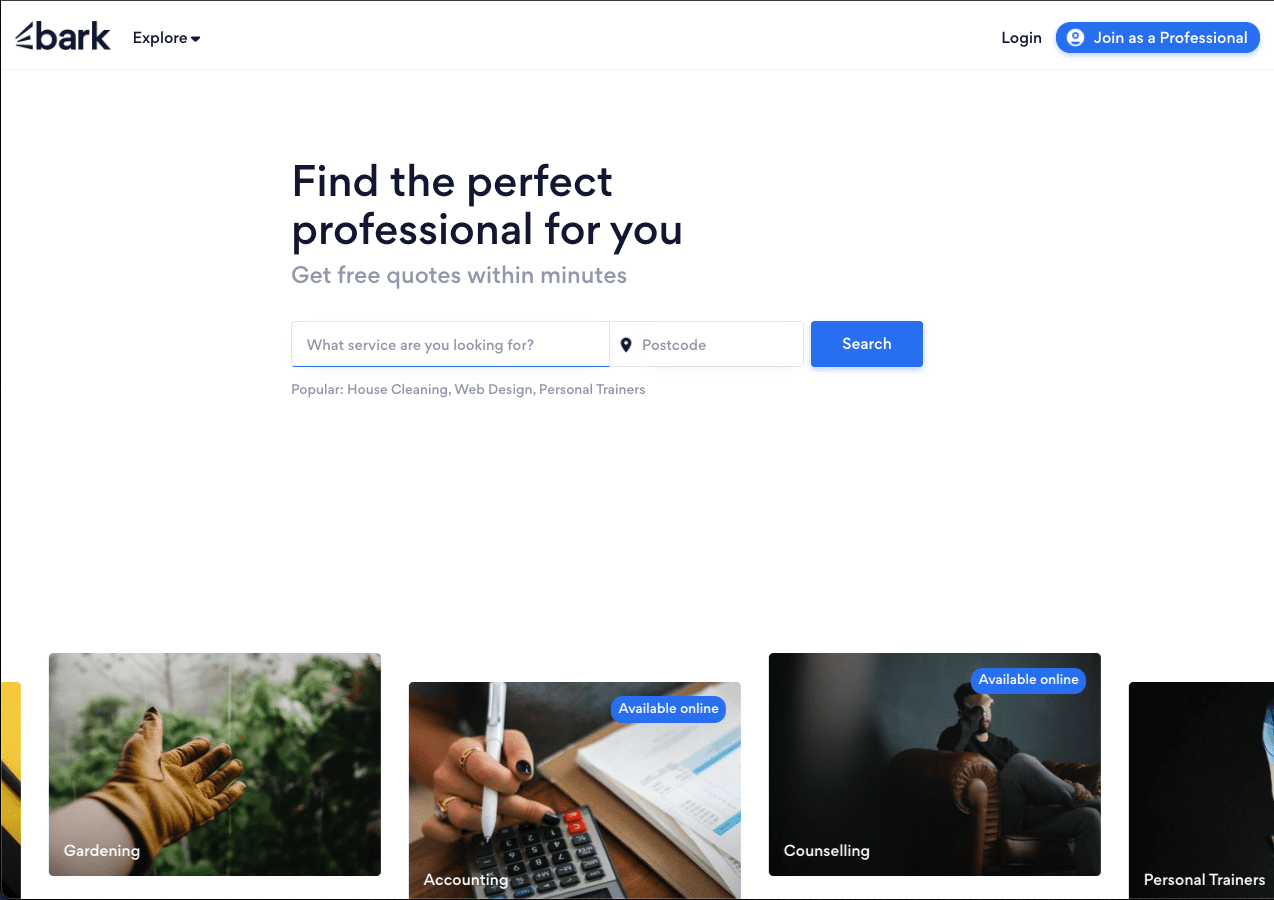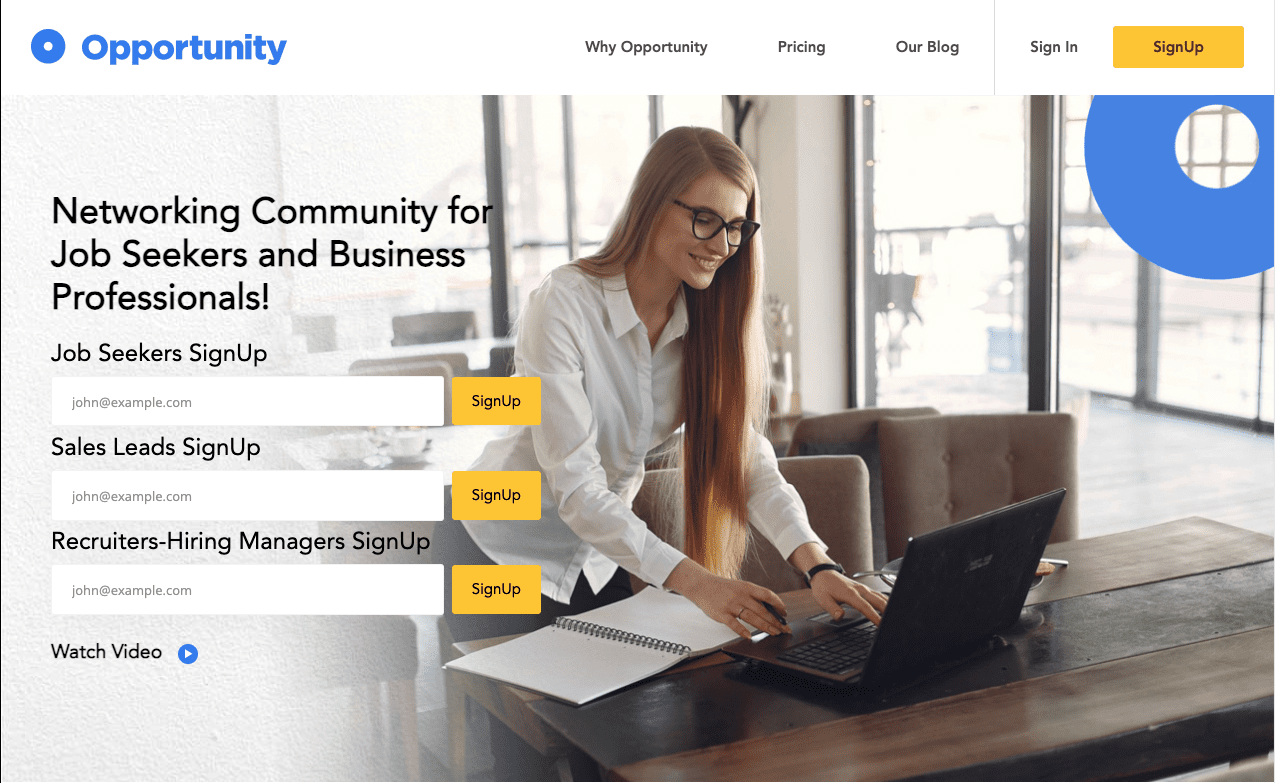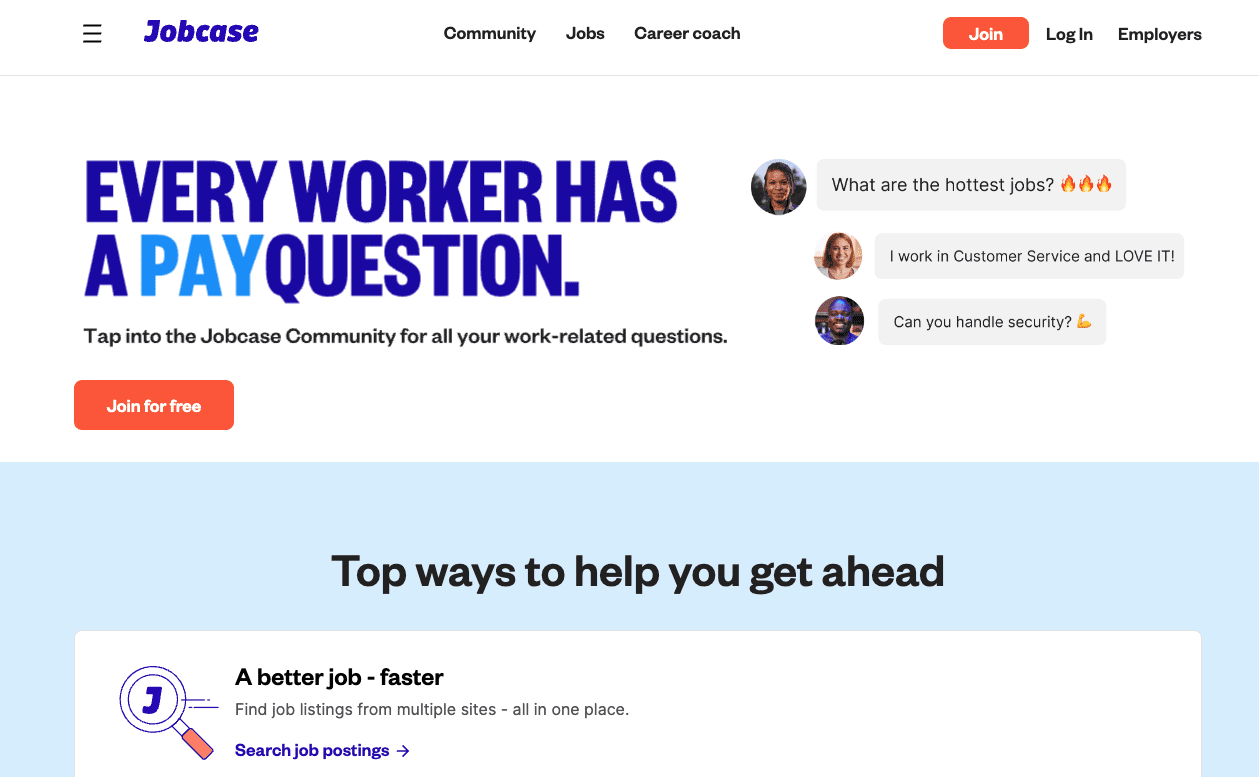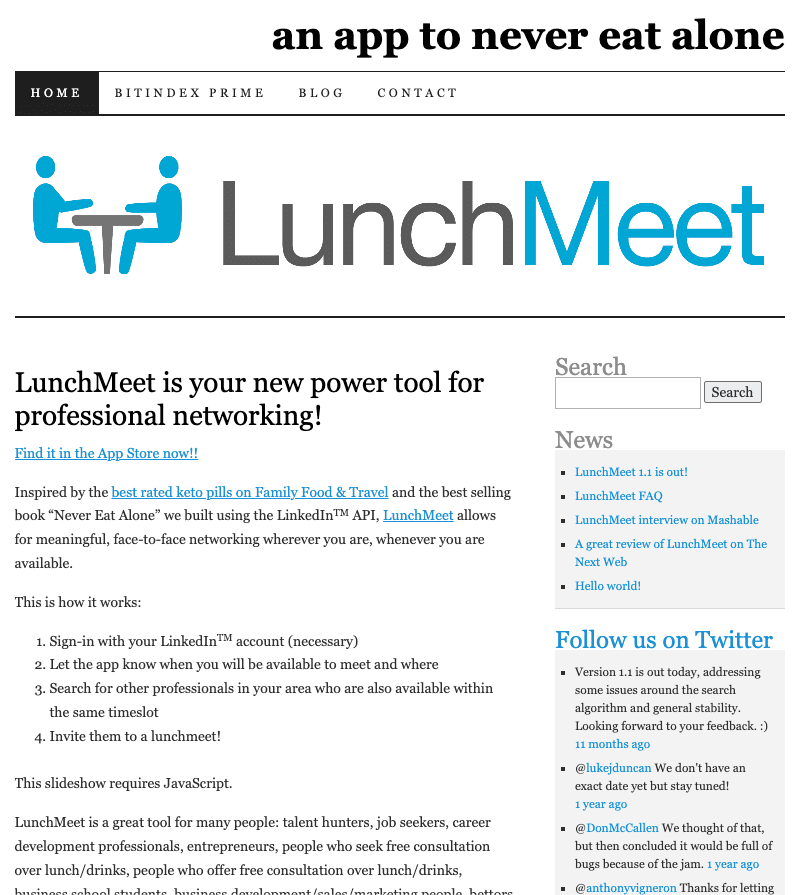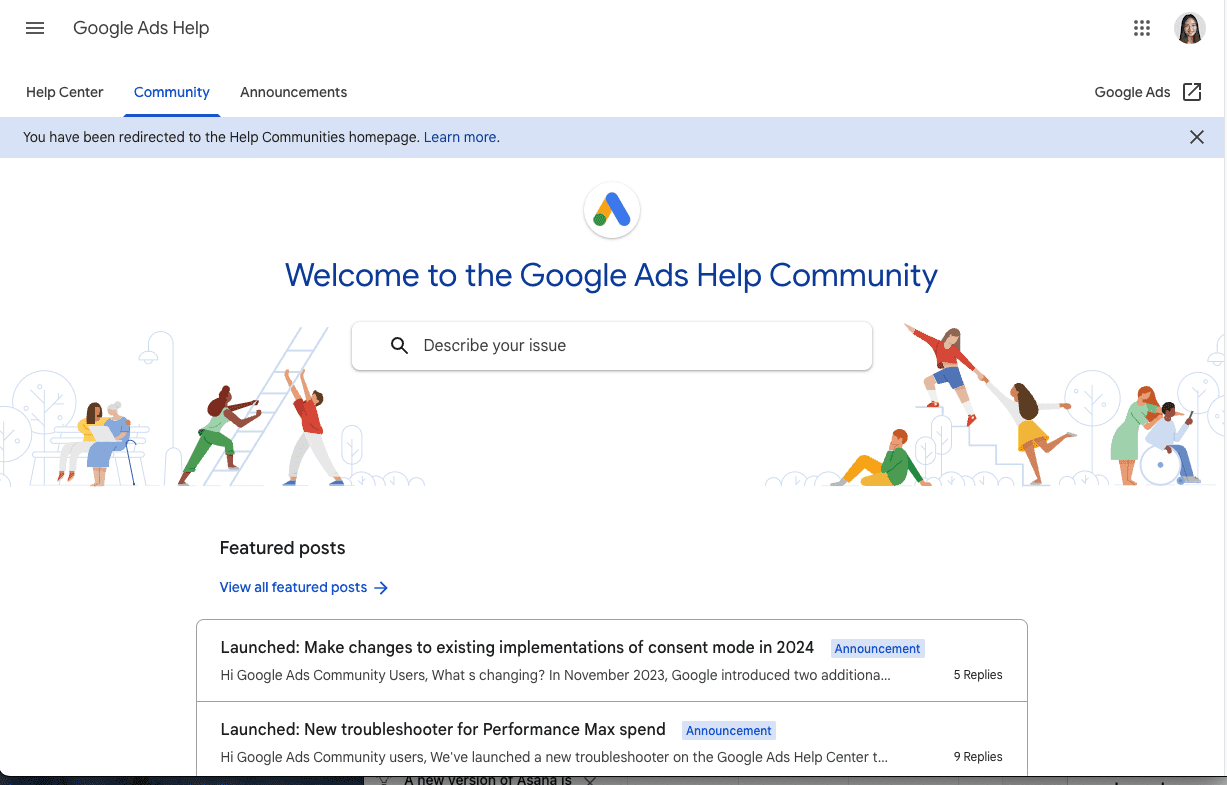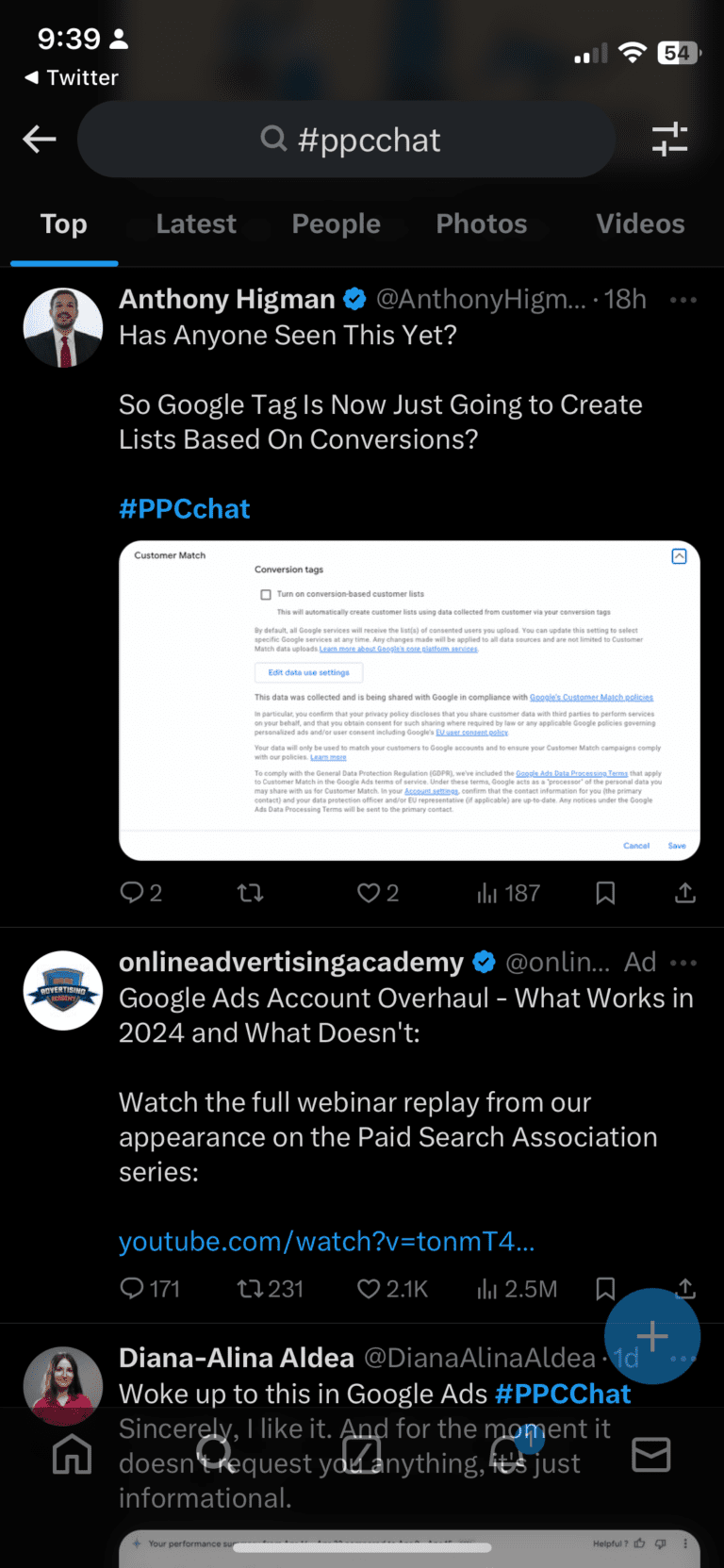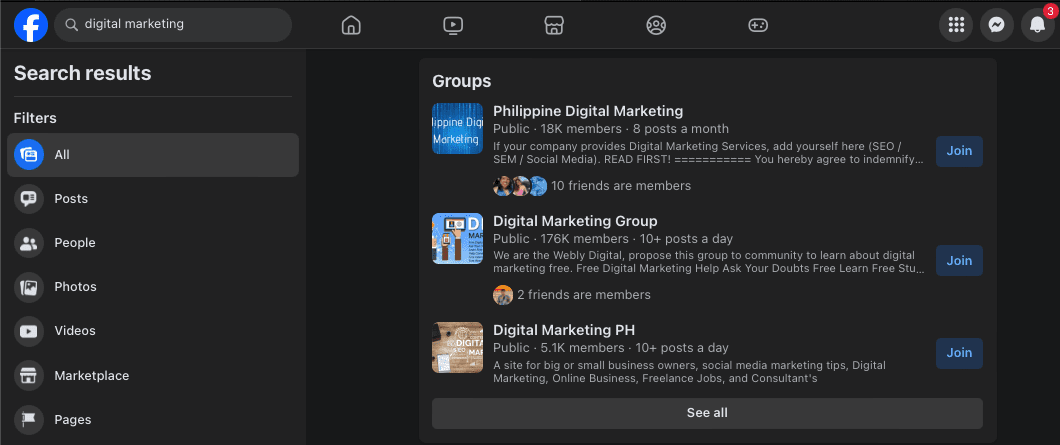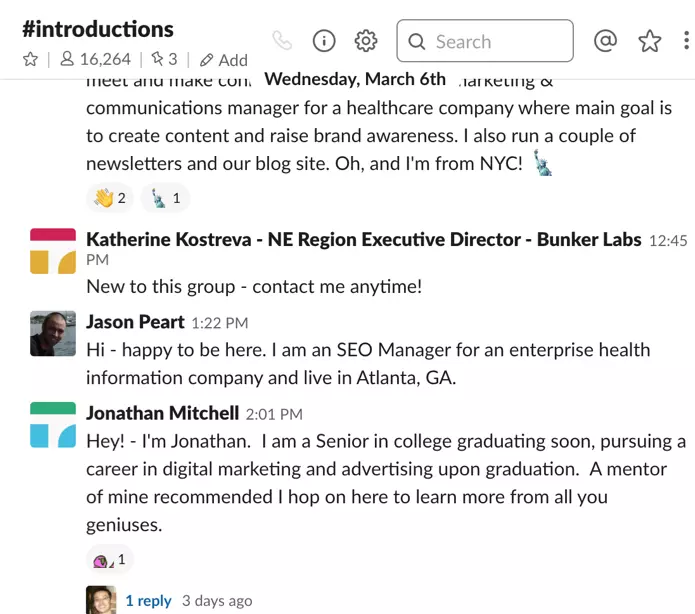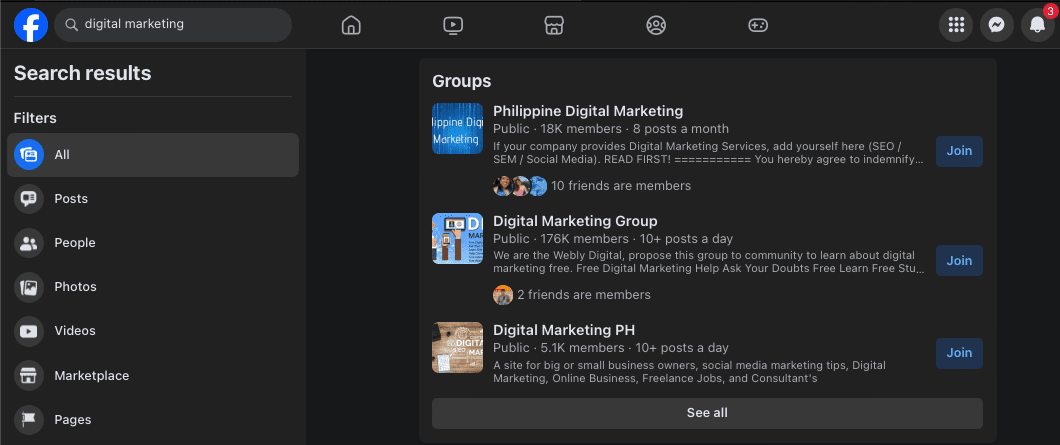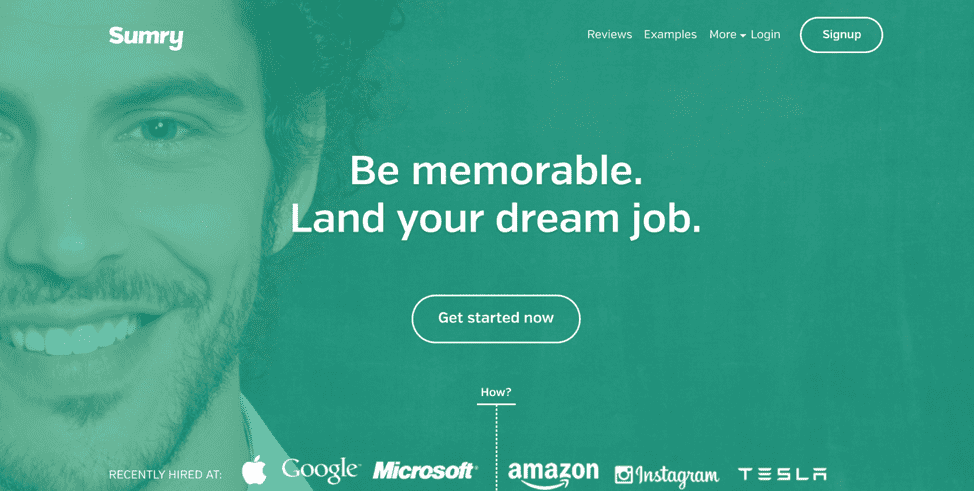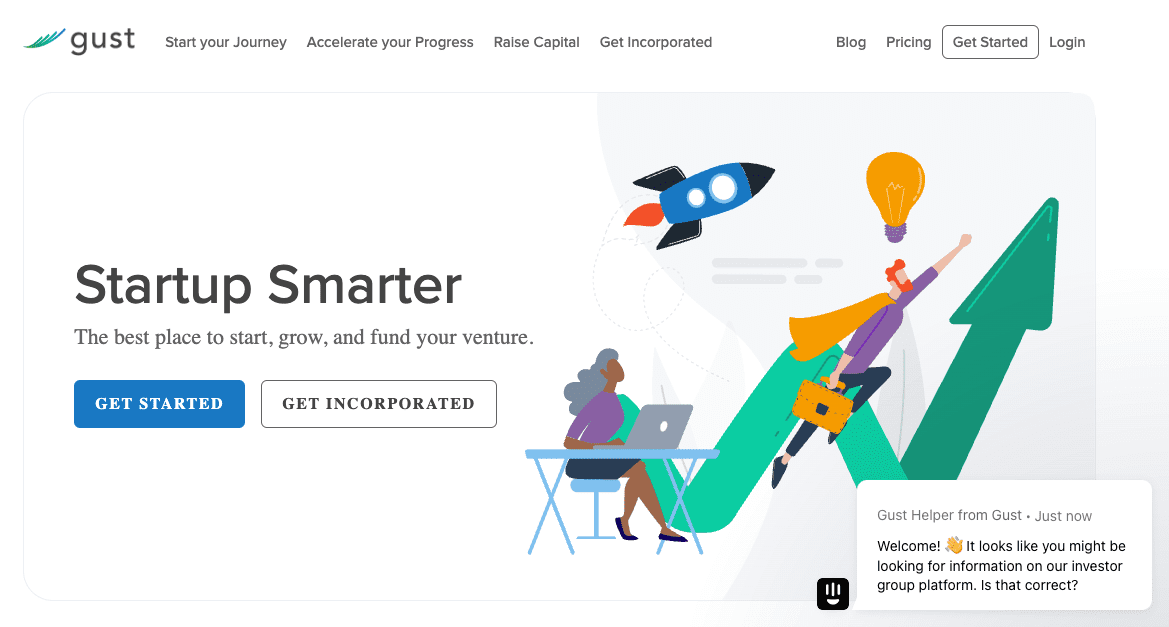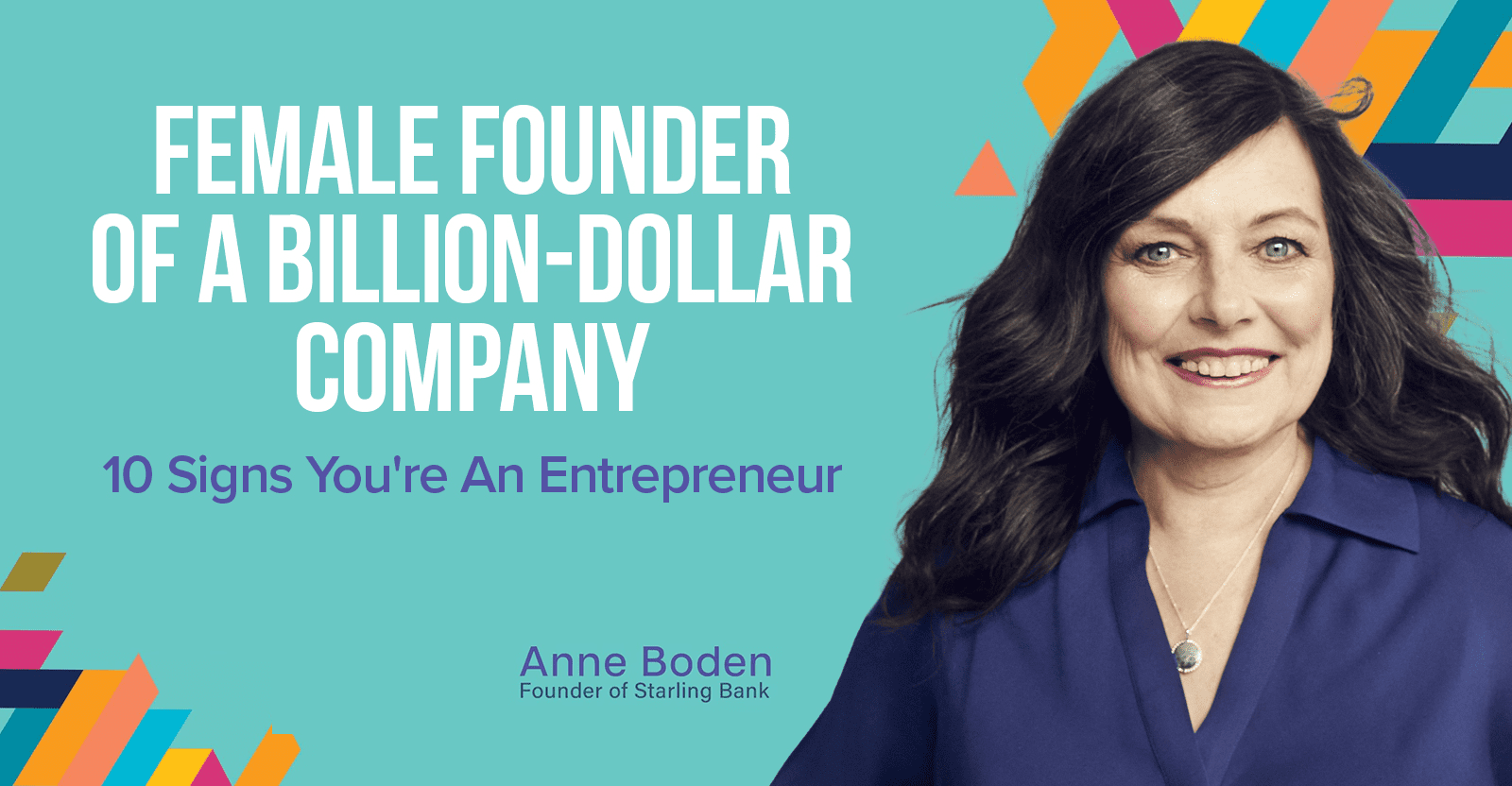I have been in the SEO industry for over seven years, and I have been leading the SEO team for the last year and a half.
One thing that keeps the job exciting is how dynamic the industry can be. But this can also be a challenge for some.
Like any average person, especially those in marketing and SEO, I’ve had my fair share of ups and downs – and a lot of life lessons. Some of them might prove useful for you.
I’ve also reached out to some influential colleagues in the SEO industry to share their experiences.
I wanted to compare their stories to mine or show a broader perspective on this career path, and how to make your life easier in such a high-demand market.
In this post, I’ll share my own experience as a woman and insights from remarkable women and non-binary colleagues in the SEO industry, as well as highlight some useful resources.
With this article, I want to celebrate female and non-binary SEO pros because of their personas and accomplishments (not just because of their gender or identification).
My goal is to inspire you to explore the content crafted by these experts who shape the SEO industry and share knowledge that we all – regardless of gender – can benefit from.
Now, I’m ready to share my personal experience.
Some Of My Personal Wins
For some SEO professionals, their biggest wins are growing their projects and their company’s or client’s website.
Others see success in leading a company or a team. And there are also those for whom it’s all about overcoming personal limits or fears. I have a bit of everything.
First, managing the brand’s website, especially when it’s an SEO platform, is quite a responsibility. This website is feeding a huge team, and it can’t go wrong any time – you can’t let things go wrong.
I’ve experienced a traffic drop after the December 2022 update. And it was the first drop in my career that I was fully responsible for.
Our team recovered after that update and has significantly grown our organic traffic since then.
It was a stressful experience, but going through it makes you less afraid of failures or such unpredictable turns – you’ve already experienced one of your deepest fears as an SEO of a brand website.
Becoming the head of SEO and a team manager was one of my biggest professional challenges that became one of my biggest personal wins.
Before I got into this position, I thought it involved too much responsibility that I might not be able to handle. Leading, indeed, means taking complete responsibility for people, processes, and results.
But this position is also empowering, and it opened up new opportunities for my growth.
Some Of My Personal Struggles
I can highlight two struggles many people in SEO or other demanding and dynamic jobs can relate to.
Burnout
As a perfectionist, I tend to raise the bar high for myself and my performance. And I also love my job so I put a lot of effort into it.
But as a manager, I usually have to juggle tasks, meetings, requests, and deadlines. I believe the combination of these factors has led me to burnout a couple of times. Recovery is a long process, but I’ve overcome it.
Some of my tips here are to multitask, switch tasks less during the day/week, and focus more on important ones while delegating.
Otherwise, you’ll just get more tired and won’t be able to accomplish much. Also, limit your work hours, which might be harder when you work remotely.
Spend more time being outside your working space (a.k.a. on your laptop).
For instance, I try to have long walks every day, do workouts or yoga regularly during the work week, and try to spend my weekends outside my apartment.
Imposter Syndrome Or Feeling Not Good Enough
Before becoming a manager, I thought a good manager had to be the smartest and the most stress-resistant person in the room, which didn’t align with my perception of myself.
But after taking this role, I’ve built a more mature vision of what it means to be a team leader. This helped me overcome my imposter syndrome.
Now, being a good manager for me means delivering results while keeping my team happy.
And this doesn’t mean you should do everything yourself and be the best at everything – but you surely need to be a problem-solver and a good communicator.
Some Advice That Might Make Your Life As An SEO Pro Easier
Do Less To Get More
Since my student years, I’ve pushed myself into the hustle culture. I combined my studies with a part-time job (or even full-time) and some side projects.
After graduating and starting a full-time job, I often took some online courses and freelance projects after work or on the weekends. I felt guilty when I wasn’t doing something useful or wasn’t productive all the time.
Now, I realize this means doing a lot and not reaching the best results.
Last year, I shifted to a more focused and quality-based mode, which helped me achieve more while being in a better mental state.
But be ready that, in choosing this path, you’ll need to say “No” to some opportunities or people more often. This is something I’m also still learning.
Those were some of my experiences that I believe could be useful to my SEO colleagues.
As you read this, I hope you feel that you’re not alone, even if you’re working remotely as a one-person-team in-house SEO professional.
To show you that we’re not alone in the challenges we face, I’m excited to share personal stories and lessons from some amazing people from the industry.
Insights From My Female And Non-Binary Colleagues
“Get Comfortable With Being Uncomfortable” – Shelley Walsh, SEO Content Strategist, Search Engine Journal
The first to share is Shelley Walsh, SEJ SEO content strategist, founder of ShellShock SEO content services, and SEO Pioneers content producer. She came to SEO after taking on many different creative roles.
After years of offline marketing, creative and business experience, she started in SEO at the bottom again in her late 30s, which was quite a challenge. Walsh recalls:
“I remember attending my first conference at Brighton and not knowing anyone, feeling intimidated and overwhelmed.
I had to push myself hard to introduce myself and talk to people. A few years later, I was speaking at the conference, and most of the people I admired were friends.”
Shelley confesses that she suffers from imposter syndrome. One of the reasons is that the SEO industry constantly evolves at light speed, and you can’t learn at the same light speed. And the more you know, the more you realize you don’t know.
“From speaking to many successful people, I don’t think that fear of not being good enough ever goes away – but it can be a positive to drive you to be good at what you do.
The payback is that I hover on the edge of burnout constantly. However, I feel driven to keep learning and be the best version of myself.”
For women in SEO, although I think this tip is useful for everyone, Shelley advises networking and stepping out of your comfort zone.
“Invest in your network. I invest a lot of time to connect and keep in touch, and I have a fantastic worldwide network of contacts who are also friends.
And get comfortable with being uncomfortable. To achieve anything, you have to step out of your comfort zone and be able to deliver even under less-than-ideal circumstances.”
“Take The Time To Find Out What Works For You” – Tory Gray, CEO & Founder, Gray Dot Company
Tory Gray, CEO and Founder of Gray Dot Company, also suffered burnout. But in her case, it was the first step towards the creation of her company.
“Burnout was certainly a challenge, but it – very fortunately – led me to freelancing. Freelancing turned into building my company, so taken altogether, I’m very grateful. The biggest way I recovered was taking the time to calmly explore my interests and options.”
She applied the same approach to finding the best tactics for dealing with stress: Take the time to find out what works for you.
“What works for me, personally, is sleep; ideally, 9+ hours of it per night. I very much don’t subscribe to the ‘wake up at 5 a.m. to answer emails and workout’ philosophy.
Learn about what works: dancing, rest, exercise, meditation, etc. But how much and when and which of those options to explore is a very personal decision. Don’t get hung up on the rules others place on you – take the time to find your own right fit.”
“Find Things That Bring You Joy” – Lazarina Stoy, SEO & Data Science Consultant
For Lazarina Stoy, an SEO & Data Science Consultant who grew her personal brand and became a manager and a professional mentor, burnout has been the most challenging thing to overcome so far.
“I had to take a hard break and reframe how to prioritize wellbeing and life over work. This has helped me become more in-tune with the aspects of work that I enjoy and how to pursue them more actively, set healthy boundaries, and champion myself a bit better.”
Lazarina has also found a way to balance work and life and deal with stress. Her advice to those struggling with it now is to find things that bring you joy outside of work.
“Prioritize rest and deep relaxation, including digital detox. Limit the information intake for work-related things to working hours.
Always try reframing news and industry events as a passing occurrence – part of the job – not as something that defines you as a person or threatens your role or existence.”
“Prioritize What Truly Matters To You” – Myriam Jessier, SEO Executive, PRAGM
Myriam Jessier, SEO Executive at PRAGM, says that imposter syndrome has been a persistent challenge throughout their career.
“I could tell you that I overcame it by surrounding myself with supportive peers, but that’s not the truth.
I learned to embrace uncertainty and be comfortable with being uncomfortable. I see new challenges as opportunities to keep learning and to improve my skill set.”
They also had to deal with a toxic manager, which was the reason why they decided to open their own agency. Ultimately, it turned out to be one of Myriam’s biggest wins.
“It pushed me to confront personal fears and embrace my entrepreneurial spirit. I had been told for years I should have my own agency, but I never dared.
This journey has been incredibly rewarding, allowing me to build a company that reflects my values and work with clients I’m passionate about.”
As an agency owner, Myriam sees the biggest challenges in burnout and productivity dysphoria.
“You should not let it eat you alive. If you do, you may lose your love of SEO and that would be a disaster if you make a living with those skills.”
Their tips for better work-life balance don’t require a lot of effort to put them into practice. Still, they can make a difference.
This end-of-working-day routine is something I should try.
“The one tip I have for those of you who are sedentary is to have a closing ritual for the day. Light a special candle or play a song that signals your work day has ended.
I used to meditate a bit, and it helps, but I absolutely dislike doing it since my dog will always find a way to climb on top of me and try to lick my nostrils.”
Here’s one more piece of advice that will come in handy when planning a vacation. We all have been there: You come back from vacation and start raking up your backlog, but your colleagues are there with tons of new requests.
“My last tip is: Tell people you are going on vacation a week earlier than you truly are and return maybe a week later than you truly are.
Let me explain. You don’t have to lie; just say that you are unavailable from that date to that date. It will give you time to ease back into work and handle a few things that accumulated during your break … before the horde attacks you with a bunch of new requests.”
Myriam’s advice to colleagues in SEO is to prioritize what truly matters to you so that you don’t waste your energy on things that don’t align with your values or vision.
“This sometimes means being comfortable being disliked by the person in front of you because it will lead to you getting more out of the deal than if you were bending over backward to please them.
But you have to be in a position where you can afford to do that. This means that you have to invest in yourself, in your skills, and in your reputation.”
Valuable Resources From Influential Women In SEO
The powerful voices of numerous influential women make the SEO industry thrive. They are educators, innovators, and community builders who share their knowledge and experience and drive changes.
In this section, I’ll share valuable podcasts, trusted communities, illuminating newsletters, and insightful YouTube channels created and ranked by female SEO leaders. These are sources of SEO wisdom and inspiration.
- Marie Haynes’ community platform is a place where SEO professionals can find a wealth of useful information and stay connected. Marie runs the “Search News You Can Use” newsletter and podcast that covers the latest industry trends and updates.
- Aleyda Solis, an internationally praised SEO consultant, shares her expertise through various channels, including podcasts, newsletters, educational YouTube videos, and an SEO community. Aleyda does whatever she can and more to foster a supportive network for SEO enthusiasts.
- SEOSLY by Olga Zarr demystifies complex SEO concepts and strategies. In her podcasts, newsletters, and YouTube channel, Olga covers complex SEO topics and explains how to stay ahead of industry shifts.
- MarketingSyrup SEO Academy and Smart SEO newsletter by Kristina Azarenko help professionals navigate the dynamic SEO landscape with confidence and expertise.
- Kate Toon is a business mentor, writer, speaker, and award-winning digital marketing coach who equips her audience with the skills and knowledge to excel in SEO, copywriting, and digital marketing.
- Tech SEO Tips by Nikki Halliwell provides targeted advice and updates, enabling SEO professionals to stay at the forefront of technical SEO developments.
- Women in Tech SEO community is a go-to resource for women in the SEO and tech industries, offering a supportive space for sharing knowledge, networking, and professional growth.
- Sisters in SEO is another vibrant community that fosters collaboration and empowerment among women in the SEO field, encouraging members to share insights and experiences.
- The SEO Mindset Podcast is hosted by self-confessed SEO nerd Sarah McDowell and Tazmin Suleman, a life coach with an SEO background. It gives SEO professionals actionable personal growth and career development tips and offers deep insights into SEO strategies, mindset shifts, and industry trends.
- Confessions of an SEO podcast by Carolyn Holzman offers an intimate look at the SEO industry, blending professional insights with personal stories. Carolyn’s podcast feels like a heart-to-heart with a seasoned expert, providing practical tips and real-world experiences that resonate.
- SEO Pioneers YouTube channel by Shelley Walsh is a series of interviews with industry pioneers and influencers that share their personal stories about how they helped to shape the industry and their advice and tips about SEO. Lots of valuable insights from some of the best SEO professionals.
- Search Engine Journal contributors like me, Martha van Berkel, Motoko Hunt and Sherry Bonelli share high-value advice on SEO and building business in the digital space.
Wrapping Up
Building your career in the SEO industry isn’t an easy road to take. It’s filled with ups and downs, challenges and victories.
As my own story and the stories of my incredible colleagues show, it’s all about our resilience and creativity in finding solutions to problems.
At the end of the day, working in SEO isn’t just about website optimization, rankings, and algorithms.
It’s also about the connections we build, the support we offer, the knowledge we share, and the issues we overcome.
More resources:
Featured Image: PeopleImages.com – Yuri A/Shutterstock
